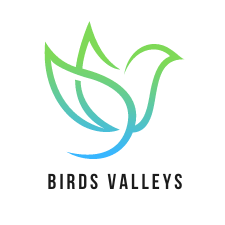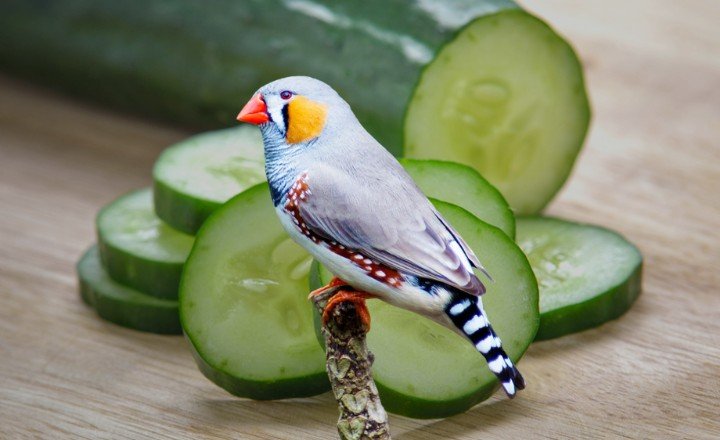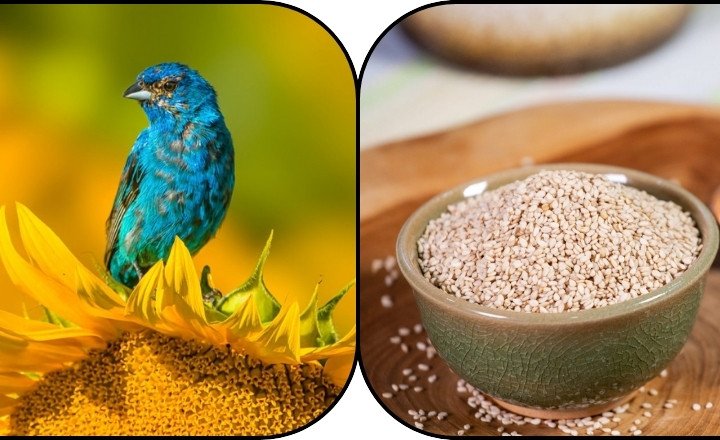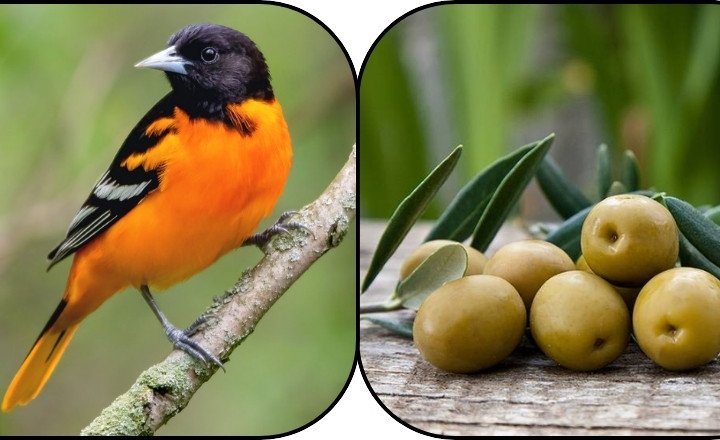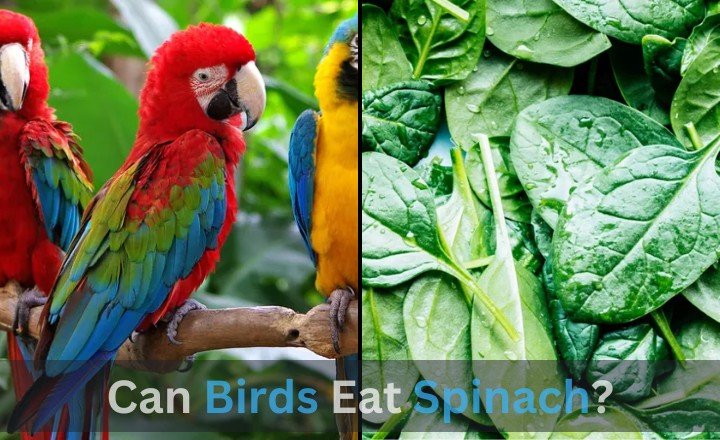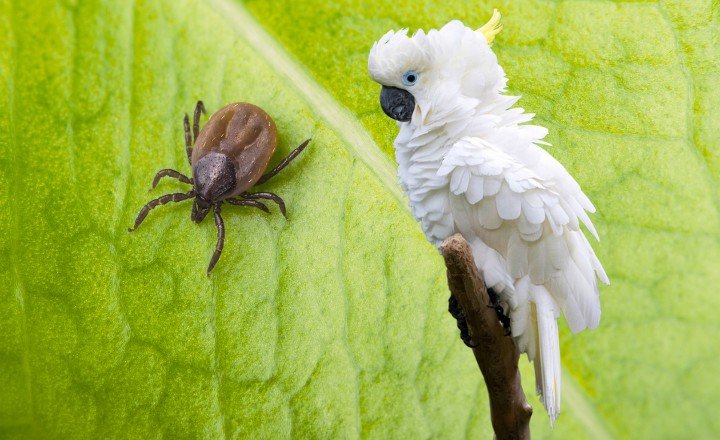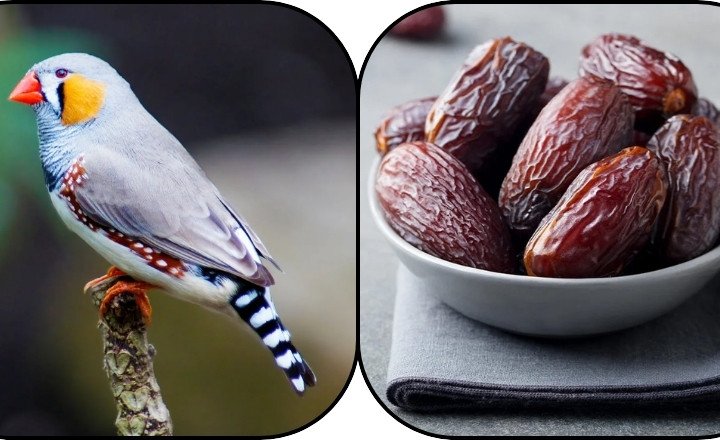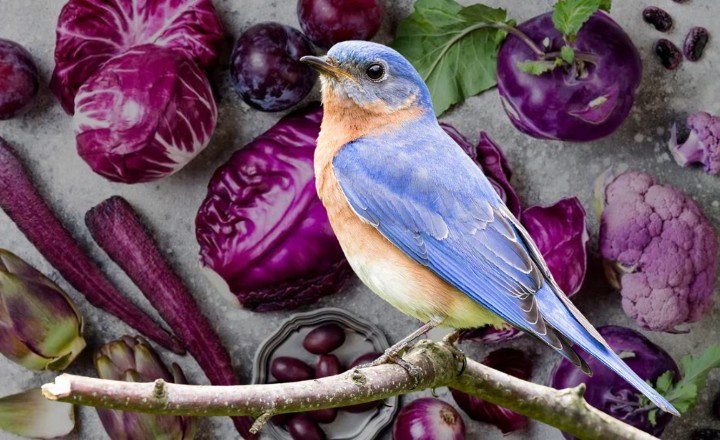Can Wild Birds Eat Cucumber? | Is It Good For the Birds
As a birdwatching enthusiast, you may find yourself captivated not only by the vibrant plumage and melodious calls of your feathered friends but also by their diverse diets. While many are familiar with the seeds and fruits that attract these avian visitors, have you ever paused to wonder about the potential role of vegetables in their diet? Amongst these greens, cucumbers crisp, refreshing, and often overlooked could be a surprising addition to our backyard buffet for birds. This raises an intriguing question, can wild birds eat cucumber?
In this article, we’ll explore whether cucumbers hold any appeal for wild birds and how they might benefit from this hydrating vegetable. From discovering which species are likely to nibble on cucumber slices to understanding the nutritional value it offers.
What is the Cucumber?
Cucumbers are often overlooked in the vegetable kingdom, yet they hold a unique place in culinary traditions around the world. Beyond their refreshing crunch and high water content, which averages about 95%, these versatile fruits belong to the same family as other nutrient-packed greens like spinach and Cabbage. This connection suggests that cucumbers can offer more than just hydration, they are an integral part of a balanced diet rich in Vitamins and minerals.
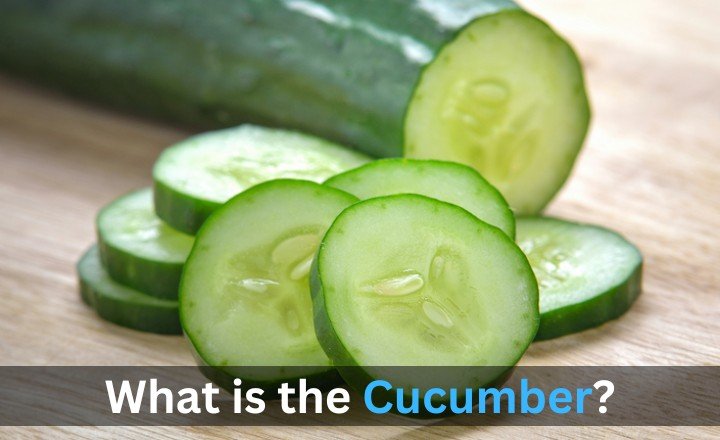
Cucumbers are not just consumed raw or pickled, they also serve as a fantastic base for innovative dishes when paired with richer flavors found in Spinach and cabbage. Imagine elevating your standard salad by tossing together thinly sliced cucumbers with sautéed garlic spinach and shredded cabbage, creating layers of texture while enriching nutritional diversity.
Can Wild Birds Eat Cucumber?
Wild birds are often drawn to a variety of fruits and vegetables, and cucumbers can surprisingly fit into their diet. These crisp, hydrating vegetables provide essential moisture, especially during the hotter months in regions like Iowa. When serving cucumbers to wild birds, it’s best to slice them thinly this makes it easier for smaller species to grasp and consume.
The refreshing taste of cucumber can attract an array of birds, from finches to sparrows, enhancing your birdwatching experience. While most people think of fruits as prime bird food, introducing veggies like cucumbers can diversify what avian visitors find in your yard. This is particularly beneficial across seasons when traditional feeds might dwindle.
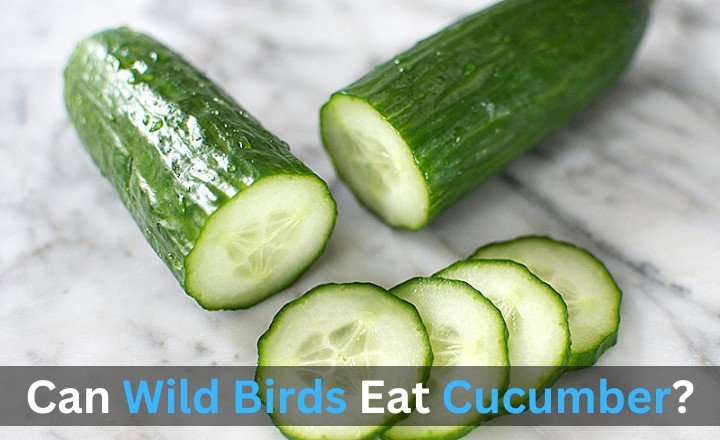
Cucumbers are low in calories but packed with water content an appealing combo for birds needing hydration. Pairing cucumber with other fresh foods such as Celery or berries can create a vibrant buffet that not only nourishes but also entertains the feathered friends flocking to your backyard!
How Much Cucumber is Healthy For the Wild Birds?
Cucumbers can serve as a fresh and hydrating treat for birds, especially for species common in Florida like the Brown Birds. When offering cucumbers, moderation is key, small amounts of about 1-2 slices per bird should suffice. This ensures that they benefit from the moisture and nutrients without overwhelming their digestive systems. Birds naturally forage for diverse foods in their habitat, so introducing cucumber as an occasional snack can complement a varied diet rich in seeds, fruits, and insects.
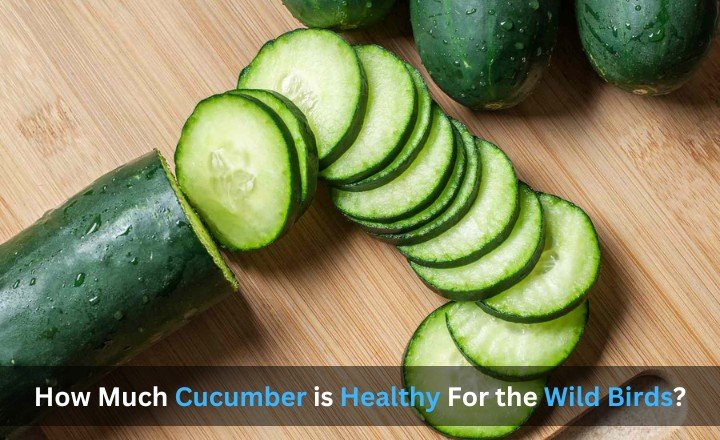
Slicing cucumbers into bite-sized pieces encourages exploration and prevents waste. Removing any waxy coatings commonly found on store-bought cucumbers will make them safer for your feathery friends. Brown birds tend to appreciate textures they may peck at cucumber’s cool flesh and enjoy its crispness while obtaining hydration essential in the warm Florida climate.
Advantages of Cucumber For the Wild Birds
Cucumbers are often overlooked as a food source for wild birds, yet they offer several remarkable advantages that can enrich the diets of our feathered friends. In Michigan, where seasonal fruits and seeds can be scarce during certain months, providing cucumbers not only helps sustain bird populations but also introduces variety into their meals.
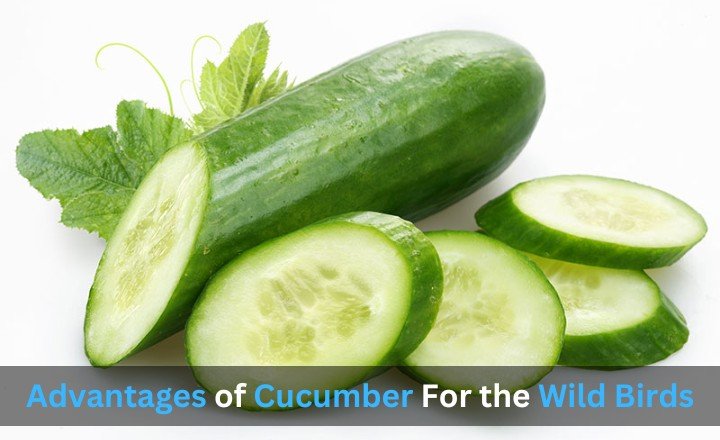
The high water content in cucumbers makes them an excellent hydration source, crucial during hotter months when natural water sources might be limited. Hawks and other raptors benefit indirectly from the presence of smaller birds that thrive on cucumber slices or seeds scattered in gardens.
By attracting a myriad of small songbirds to your backyard with fresh vegetables, you inadvertently create a more robust ecosystem. This brings diverse species closer together, enhancing opportunities for observation and study ideal for birdwatching enthusiasts keen on monitoring natural hunting behaviors or interspecies interactions.
Disadvantages of Cucumber For Wild Birds
While cucumbers are often praised for their hydrating qualities and crisp texture, they may not be the most suitable option for wild birds. One significant drawback is the high water content in cucumbers, which can lead to digestive issues when consumed in excess. Birds rely on a varied diet to meet their nutritional needs, and offering too much cucumber could dilute other essential foods that provide necessary fats and proteins.
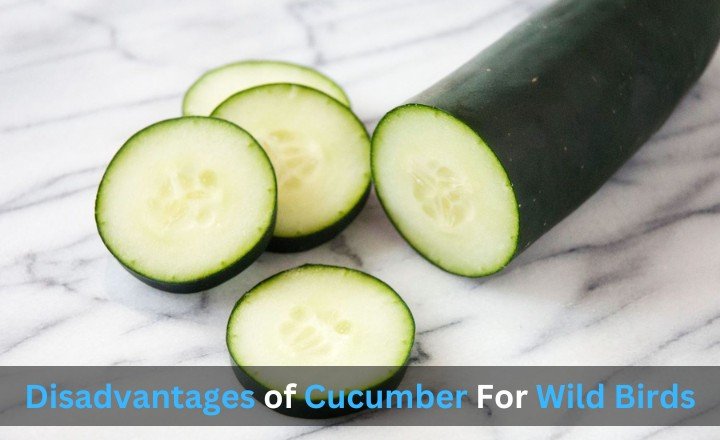
Cucumbers contain compounds called cucurbitacins, which can be toxic to birds if ingested in large quantities. While most pet birds might tolerate small amounts without adverse effects, wild birds have less certainty regarding their intake of these potentially harmful substances.
Tips For the Bird Owner
Feeding cucumber to your birds can add a refreshing twist to their diet, but it’s essential to do it right. Choose organic cucumbers whenever possible to reduce the risk of pesticide exposure. Slice the cucumber into manageable pieces that are easy for your feathered friends to hold and eat, small cubes or thin rounds work well for most species. This not only makes it easier for them to consume but also keeps their beaks engaged and stimulated during meal times.
Incorporating cucumbers into your bird’s diet can also serve as a great way to hydrate them, especially in warmer months when dehydration is a concern. Consider mixing fresh cucumber with other vegetables or seeds, promoting a balanced diet enriched with vitamins and minerals that support overall health.
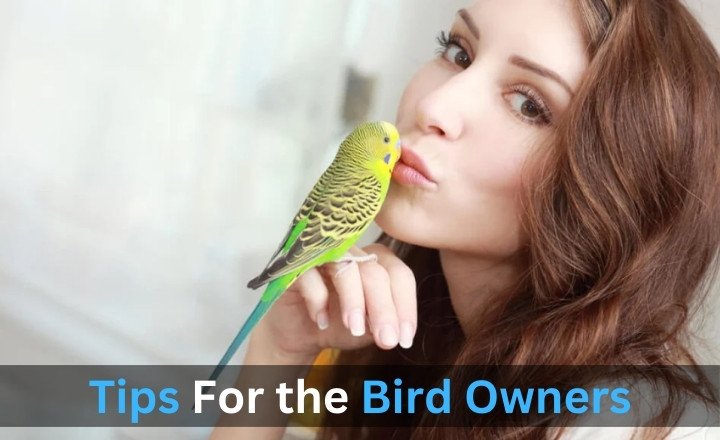
Concluding Thoughts on ‘Can Wild Birds Eat Cucumber’
Wild birds can indeed eat cucumber, and it can be a hydrating and nutritious addition to their diet when offered in moderation. This vegetable provides essential vitamins and minerals that can benefit various bird species, making it a suitable choice for those looking to diversify their feeding options. It’s crucial to prepare cucumbers properly by washing them thoroughly and cutting them into manageable pieces to avoid any choking hazards. Always observe the birds’ reactions to new foods, ensuring they are consumed safely and enjoyed.
FAQs
What Does Cucumber Do For Birds?
Cucumbers are more than just a crunchy snack for humans they can serve as a nutritious treat for many bird species. Rich in water content about 95% of cucumbers are excellent for hydration, especially during hot summer months when birds may struggle to find sufficient water sources.
Is Cucumber Safe For Budgies?
Cucumbers are a refreshing treat that many budgie owners consider incorporating into their pets’ diets. Cucumbers are safe for budgies when offered in moderation. Their high water content keeps your feathered friends hydrated, especially during warmer months, making them an ideal snack.
Do Wild Birds Eat Raw Carrots?
Wild birds have a diverse diet, and while they are often drawn to seeds and insects, the question of whether they eat raw carrots opens an interesting discussion about their foraging behaviors. Many birds are opportunistic feeders, meaning they will try different food sources based on availability.
Can Wild Birds Eat Cooked Vegetables?
While many bird enthusiasts are familiar with the concept of feeding birds seeds, nuts, and fruits, cooked vegetables can also be a nutritious option for some wild species. For instance, peas, carrots, and sweet potatoes can provide essential vitamins that support a bird’s overall health.
